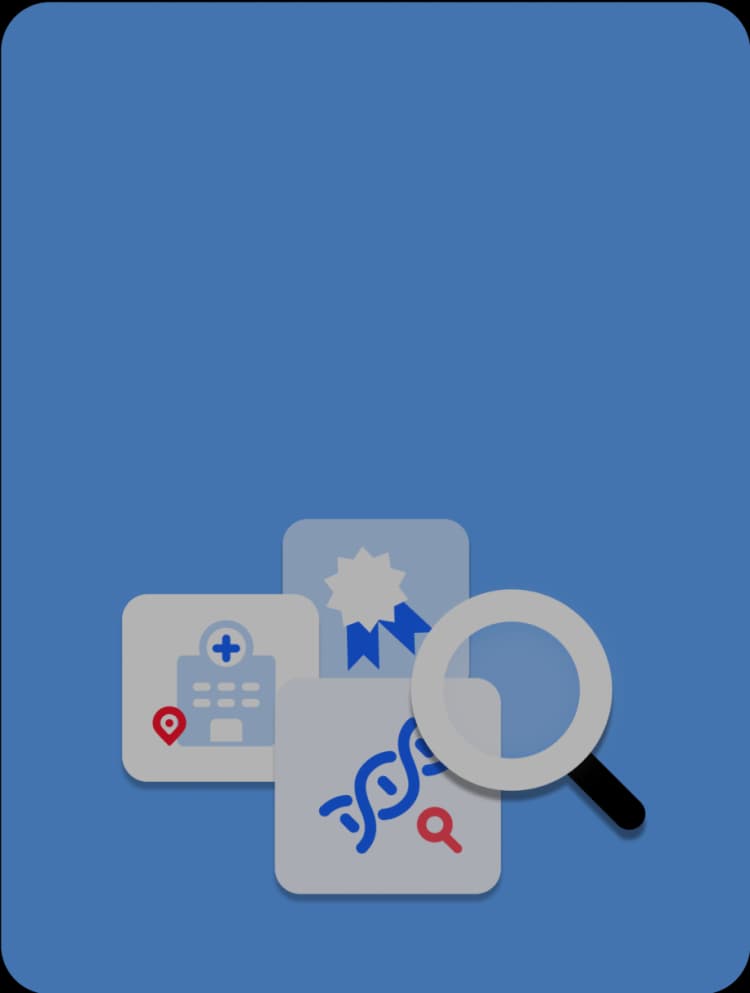Customized Genomic Reports Empower Non-Genetics Clinicians in NICUs
Today, we’re introducing a study on a special “customized clinical interpretive report” (CIR) developed to assist non-genetics providers working in NICUs.
1. The Background: “This is too hard to interpret”
Genomic medicine is a hot topic, and rapid genomic sequencing (rGS) has been revolutionary for diagnosing newborns with rare genetic diseases .
However, significant barriers remain:
- The Access Gap: rGS is expensive, logistically complex, and requires genetics experts, limiting its availability to large referral centers . This means patients in “safety-net” hospitals often miss out.
- The Provider Burden: NICU neonatologists are typically not genetics specialists. They face significant challenges in interpreting complex genomic results, using them to create a care plan, and explaining them to families .
To solve these problems, the VIGOR research team at Boston Children’s Hospital (BCH) developed CIRs. The study aimed to test if providing these custom reports was feasible and useful for frontline providers.
2. The Method: Delivering a Custom Report in 3 Days
The study analyzed the first 100 infants enrolled across 9 safety-net NICUs.
1. Standard Report: Infants received rGS, and a standard report was issued by the clinical vendor (e.g., “Positive,” “Negative,” “Possibly Associated”).
2. Expert Re-interpretation: The VIGOR team—composed of geneticists, genetic counselors, and neonatologists—reviewed the vendor report.
3. CIR Creation: The team re-interpreted the findings and created a CIR using one of 5 clear, actionable categories (e.g., Diagnostic, Likely of Clinical Relevance, Indeterminate, Non-Diagnostic).
4. The “Special Sauce”: The CIR included vital information not found in the standard report:
- Clinical management recommendations (e.g., additional tests, specialist referrals, treatment considerations).
- Research opportunities.
- Patient and family resources.
5. Delivery & Feedback: The team’s goal was to deliver the CIR within 3 business days of receiving the vendor report. Providers then completed surveys on the CIR’s usefulness.
3. The Results: “Overwhelmingly Useful”
✅ Feasibility: Goal Exceeded!
- 97 out of 100 (97%) CIRs were delivered to the NICU within the 3-business-day goal.
- The average time from receiving the vendor report to delivering the CIR was just 1.3 business days.
✅ Usefulness: High Praise from Clinicians!
- Of the 86 providers who completed surveys, 93% (80) reported viewing the CIR before disclosing the results to the family .
- Of those who viewed it, 99% (79) found the CIR “helpful at providing useful information beyond the vendor report”. (74% found it “very helpful,” 25% “somewhat helpful”) .
✅ Core Value: Providing Clear ‘Next Steps’
- The biggest difference: 40% (40/100) of CIRs included specific clinical management recommendations.
- These included recommendations for specialist referrals (35 cases), additional imaging (13), additional lab tests (11), and even changes in treatment (4 cases).
- Crucially, the VIGOR team clarified ambiguous reports. The 32 vendor reports listed as “Possibly Associated” were re-triaged into clearer categories like “Likely of Clinical Relevance” (9), “Indeterminate” (10), and “Less Likely” (5), reducing provider uncertainty.
4. The Takeaway: User-Friendly Reports are Key
This study clearly demonstrates that providing customized genomic reports is feasible and highly valuable to frontline providers .
It offers an excellent solution to the provider burden caused by a lack of time and specialized genetic expertise . While genomic testing becomes more common, the shortage of clinical genetics professionals remains a major barrier. This CIR model is a key strategy to bridge that gap and improve equitable access to genomic care, not just in the NICU but in other clinical settings as well.

How can we improve 3billion’s clinical reports?
We’d love to hear your thoughts and suggestions.
Get exclusive rare disease updates
from 3billion.

Sookjin Lee
Expert in integrating cutting-edge genomic healthcare technologies with market needs. With 15+ years of experience, driving impactful changes in global healthcare.






